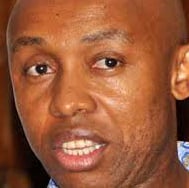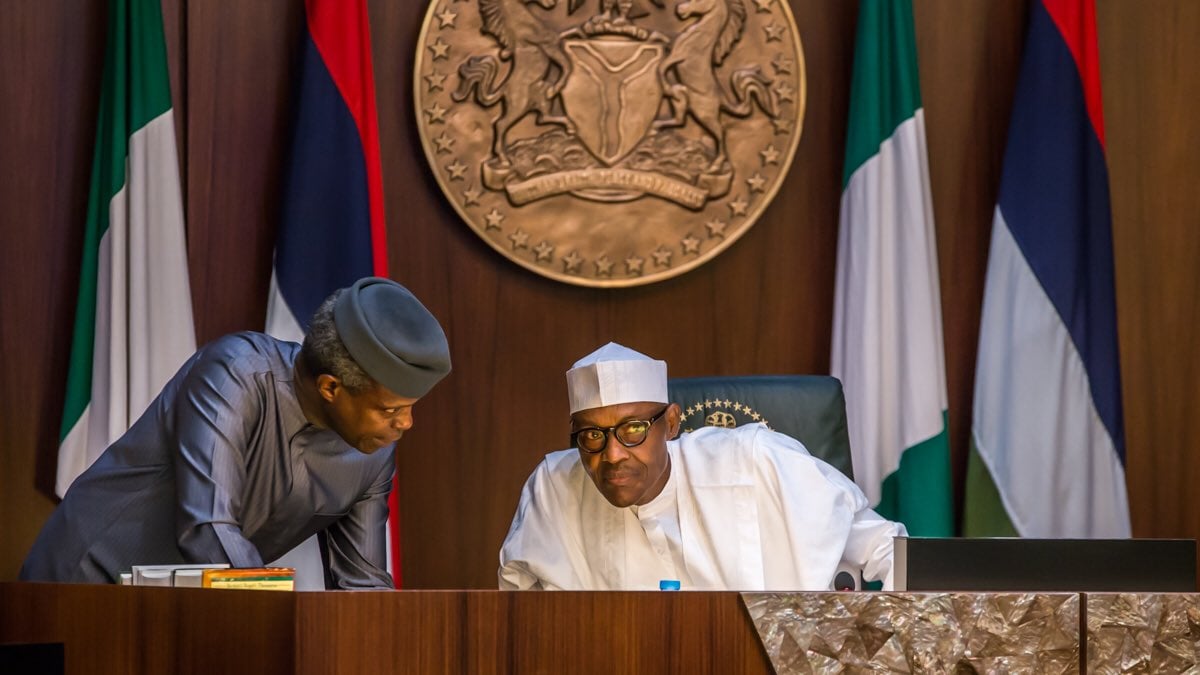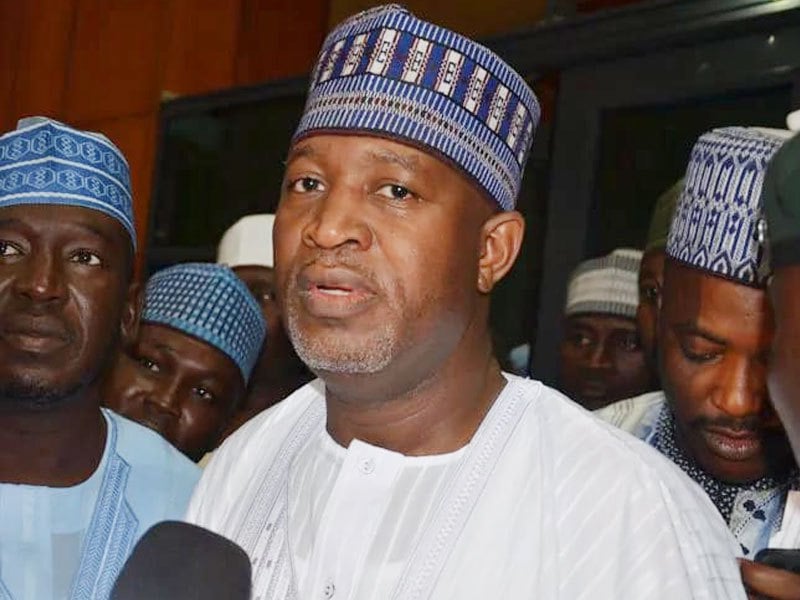Amidst the current crisis of non-disclosure over the condition of Nigeria’s President, Muhammadu Buhari, there has been much speculation, dis-information and controversy over how Presidential illnesses have been handled at other times and in other parts of the world.
Presidential infirmity is not unknown to Nigeria. While he was military leader nearly 30 years ago, Ibrahim Babangida, then still in his late 40s, was flown out of the country for medical attention. Nigerians were informed that he was down with “Radiculopathy”, a multi-syllabic tongue-twister that sent many newsrooms consulting diagnostic standard manuals. Nearly one decade ago, the country learnt that President Yar’Adua was afflicted with “Acute Pericarditis.”
Two things emerge from these instances. First, like all human beings, Presidents, can and do from time to time take ill. Babangida and Yar’Adua were much younger in their time than President Buhari is now. At 74, President Buhari is at the age where illness is not unusual. The second thing is that in these previous examples, the country got to know something about the illness of the President. In the current situation, the President, if his handlers are to be believed, suffers from a condition diagnosed as “hale and hearty” for which he requires rest.
Many people would regard as self-evident the need for candour concerning the health of the first citizen. But when it comes to public communications concerning sovereign infirmities, presidential handlers through history choose almost invariably to be less than candid.
Advertisement
In a study published in 1999 in the Presidential Studies Quarterly, Herbert Abrams, writing about the United States, recounts that “Presidential infirmity, accompanied by a failure to fully inform the public, has been stamped indelibly on our history during the past two hundred years. Fourteen of the eighteen American presidents in the twentieth century had significant illnesses while in office….that were either concealed from the American people or underreported” .The affected Presidents included Woodrow Wilson, Warren Harding, Franklin Roosevelt, Dwight Eisenhower, John Kennedy, and Ronald Reagan.
Take for instance the case of Dr. Woodrow Wilson, the Nobel Prize-winning president who took the United States through the First World War and inspired the League of Nations. Returning home from Europe in July 1919 from signing the Peace Treaty with Germany, Wilson preoccupied himself with the ultimately futile effort to persuade his country into the League. In the middle of this effort, on October 2, 1919, President Wilson suffered a stroke so serious that he was unable to attend cabinet meetings for over six months.
According to medical records released only in 1991, the stroke was so massive that it would have been “impossible for him ever to achieve more than a minimal state of recovery.” Yet, as narrated by Christopher Andrew in his 1995 history of U.S. secret intelligence, For the President’s Eyes Only, the President’s second wife (the first died in 1914), Edith Galt, helped to “suppress accurate information about his health and to ensure that he continued as president for the remainder of his second term”, which ended in 1921.
Advertisement
On vacation in Campobello Island, Canada, in July 1921, President Wilson’s one-time Assistant Secretary of the Navy and future U.S. President, Franklin Delano Roosevelt, contracted Polio. Roosevelt emerged from this bout with Polio paralysed in both legs but was so successful in concealing his ensuing disability that most of his compatriots never knew until well after his death that he was a wheelchair-bound paraplegic who, as Commander-In- Chief during World War II, sometimes took war-time briefings “in his doctor’s office, having his withered legs massaged or his sinuses packed.”
On the other side of the Atlantic, the health of President Wilson’s contemporary and ideological adversary, Vladimir Ilich Lenin, was the subject of equally intense scheming between a shrewd wife and ruthless usurper. In 1922, Lenin elevated Josef Stalin to the position of General Secretary of the Central Committee of the Communist Party with sweeping powers over party matters. Shortly thereafter, Stalin drew Lenin’s ire when he (and another senior Central Committee member also from Georgia, Sergo Ordzonikidze) annexed Georgia.
Ill-health stayed the hand of an angry Lenin who, already suffering from Syphilis, was struck down by a massive stroke in December 1922. To preserve the life of the Party’s greatest asset, the Politburo under Stalin’s influence restricted Lenin to working for a mere 10 minutes daily. Upon learning that Lenin had flouted this, Stalin accosted Lenin’s wife, Krupskaya, warning her rather darkly, as recounted by Stalin’s biographer, Simon Sebag Montefiore, that if she did not ensure compliance “the Central Committee would appoint someone else as Lenin’s wife.”
In France, President Georges Pompidou repeatedly denied that he had anything less worrisome than a common cold until his death in office of cancer in 1974.
Advertisement
Pompidou was succeeded by Valery Gisgard d’Estaing, who is still alive at 91. In 1981, President Gisgard lost in a close election to the inscrutable Francois Mitterrand. In the same year, President Mitterrand learnt that he had prostate cancer that had metastasized to the bones. Mitterrand promptly declared this a State Secret. Hiding it even from his wife, he ran for and won a second seven-year term in 1988, promising France that he was in robust health. In his debate with Jacques Chirac in 1988, Mitterrand infamously faced a more formidable challenge from an overwrought bladder in desperate need of relief.
As the Washington Post reported in January 1996, “Mitterrand’s cancer reached such a critical state in late 1994 that he was no longer able to carry out his duties and spent most of his time resting in bed.” The week after Mitterrand’s death in 1996, his doctor, Claude Gubler, published a book, Le Grand Secret, detailing this grand deception, which French authorities promptly banned because it allegedly breached medical confidentiality.
Closer home, long before his death as life President at the presumed age of 88 in 1993, Felix Houphëuet-Boigny, founding leader of Côte d’Ivoire from 1960, spent most of the last decade of his life and Presidency in French sanatoriums. It was later to come out that the reason for this was that the man fondly called Le Vieux had longstanding post-senile dementia.
Similarly, Tunisia’s founding father and President for 32 years, Habib Bourgiba, chose to stay in office after being diagnosed with arteriosclerosis in 1983. In November 1987, Bourgiba, clearly demented, took to the tube to give his shocked compatriots a prime time disquisition on the state of his testicles. Following this, his once-loyal prime-minister, General Zine Abdine Ben-Ali mercifully had him confined under medical detention in the appropriately-named Monastir, where he died in 2000 a figure of considerable pity.
Advertisement
When he went on trial in 1994, shortly after his overthrow at the end of 31 years as Malawi’s leader, Dr. Hastings Banda, who held Malawians in thrall as the all-knowing Ngwazi until his ouster earlier in the same year, pleaded insanity. As it turned out, he was indeed not making it up.
In the management of Presidential illness, it seems, short-term political score-settling more often than not trumps all the public’s claims to candour.
Advertisement
Whatever the medical dictionaries may say, the lesson of history is quite clear: Presidential infirmities are almost always un-acknowledged or under-reported. Bulletins about them are never models of candour and Presidential courtiers everywhere are brutally enthusiastic about surrounding their principals’ health – in the immortal euphemism of Winston Churchill – with “a bodyguard of lies.” The consequences for democracy in many cases, though, have been toxic.
Odinkalu is senior visiting fellow, Centre for the Study of Human Rights, London School of Economics & Political Science
Advertisement
1 comments








Thanks for taking us through history, Chidi. Nice to know this isn’t peculiar to us. However, considering our peculiar socio-political climate, not to mention the strong and vibrant leadership our economy currently requires, it is pertinent that full disclosure is made and a decision reached on how to move forward.